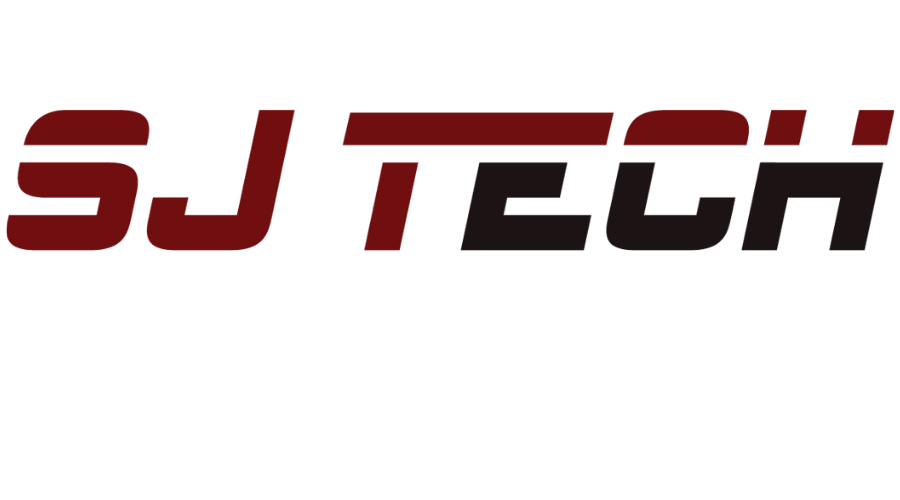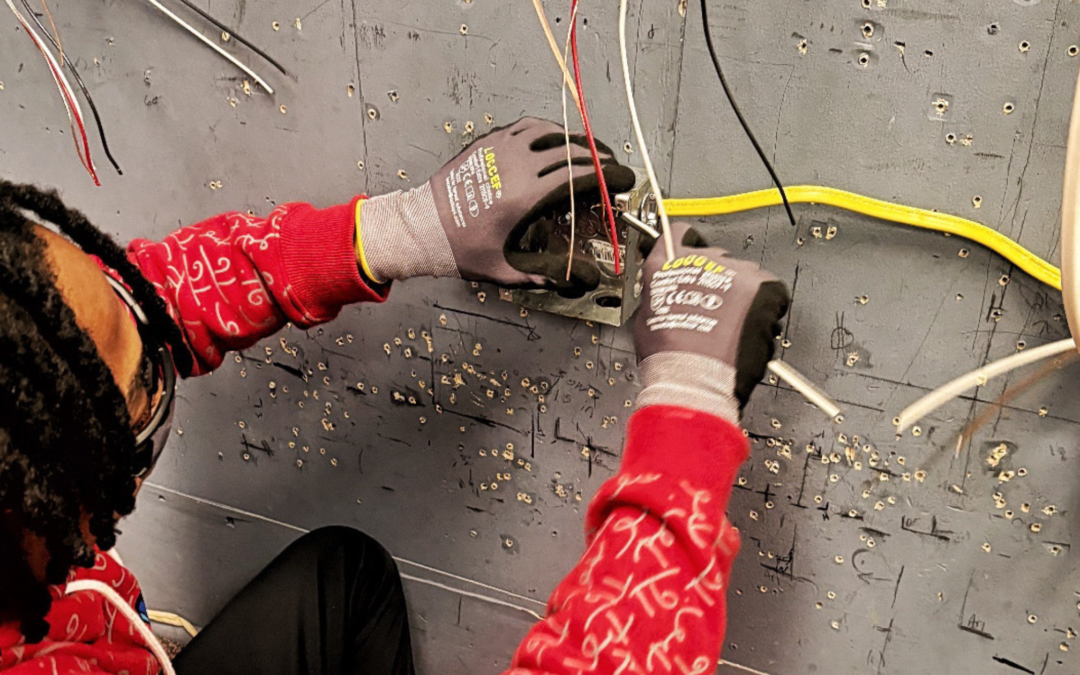Trade schools often get overlooked in conversations about higher education, but they represent one of the smartest financial decisions you can make for your career. While traditional four-year colleges continue to see tuition costs soar, trade schools offer a direct path to stable, well-paying careers without the burden of massive student debt.
The numbers speak for themselves. Trade school graduates typically enter the workforce in two years or less, earning competitive salaries while their peers accumulate debt in traditional college programs. Many skilled trades are experiencing worker shortages, creating exceptional job security and growth opportunities for new graduates.
If you’re considering your educational options, understanding the return on investment (ROI) of trade school education can help you make an informed decision about your future. Let’s explore why trade schools, including programs at institutions like SJ Tech, deliver exceptional value for students ready to launch their careers.
Key Takeaways
- Trade school graduates often earn more in their first year than many four-year college graduates, with significantly lower educational debt
- High demand for skilled trades creates excellent job security and advancement opportunities
- Most trade programs can be completed in 18-24 months, allowing students to start earning sooner
Lower Costs, Faster Entry to the Workforce
Trade schools offer a dramatically different cost structure compared to traditional colleges. The average trade school program costs between $3,000 and $18,000 total, while the average cost of a four-year degree has reached over $140,000 at private institutions and $40,000 at public universities.
This cost difference becomes even more significant when you consider the opportunity cost. While university students spend four years studying and accumulating debt, trade school graduates enter the workforce after 18-24 months and start earning immediately. This two-year head start translates to substantial lifetime earnings advantages.
At NJ trade schools like SJ Tech, students can complete specialized training programs and begin their careers while their high school classmates are still deciding on college majors. This early career start provides both immediate income and valuable work experience that compounds over time.
High-Demand Fields with Strong Earning Potential
The skilled trades face significant worker shortages across multiple industries. As baby boomers retire and fewer young people enter these fields, demand for trained professionals continues to grow. This supply-and-demand imbalance creates excellent opportunities for new graduates.
Healthcare Technology
Medical equipment technicians, pharmacy technicians, and other healthcare support roles offer stable employment with opportunities for advancement. Healthcare remains one of the fastest-growing sectors in the economy, and skilled technicians are essential to modern medical facilities.
Information Technology
Network administrators, cybersecurity specialists, and computer support technicians can earn excellent salaries with trade school certifications. Technology roles often allow for remote work and career flexibility that many traditional jobs don’t offer.
Skilled Trades
Electricians, plumbers, HVAC technicians, and other skilled trades workers command strong hourly wages and often have the option to start their own businesses. These careers offer both job security and entrepreneurial opportunities.
Real-World Skills and Hands-On Learning
Trade schools focus on practical, job-ready skills rather than theoretical knowledge. Students spend their time learning exactly what they’ll need to succeed in their chosen field, using the same equipment and techniques they’ll encounter on the job.
This hands-on approach means graduates hit the ground running in their new careers. Employers value trade school graduates because they arrive with immediately applicable skills and a work-ready mindset. Many trade school programs also include internship opportunities, allowing students to build professional networks and gain real work experience before graduation.
The focused curriculum eliminates unnecessary coursework, allowing students to dive deep into their specialty area. Rather than spending time on general education requirements that may not relate to their career goals, trade school students concentrate on mastering their craft.
Job Security and Career Advancement
Skilled trades offer exceptional job security because these roles cannot be outsourced or automated easily. Electricians, medical technicians, and IT specialists provide services that require physical presence and human expertise. This creates long-term career stability that many other fields cannot match.
Career advancement opportunities in skilled trades often exceed those in traditional corporate environments. Many trade professionals advance to supervisory roles, start their own businesses, or specialize in high-demand niches that command premium rates. The combination of specialized skills and business knowledge creates multiple pathways for professional growth.
Union representation in many trades provides additional job security, competitive benefits, and protection for workers’ rights. Union jobs often include excellent healthcare coverage, retirement benefits, and wage protections that enhance the overall compensation package.
Financial Benefits Beyond Salary
Trade school graduates enjoy several financial advantages beyond their base salaries. Lower student loan debt means more take-home pay and greater financial freedom early in their careers. Many trade professionals also receive excellent benefits packages, including health insurance, retirement contributions, and paid time off.
The entrepreneurial opportunities in skilled trades provide additional income potential. Many trade school graduates eventually start their own businesses, creating wealth-building opportunities that extend far beyond traditional employment. Business ownership allows skilled professionals to leverage their expertise into higher earnings and long-term financial security.
Additionally, skilled trades often offer overtime opportunities and premium pay for specialized services. Emergency calls, weekend work, and complex projects can significantly boost annual earnings for motivated professionals.
Making the Right Choice for Your Future
Choosing trade school requires honest self-assessment about your interests, aptitudes, and career goals. If you enjoy hands-on work, problem-solving, and seeing tangible results from your efforts, trade school might be an excellent fit. The combination of lower costs, faster completion times, and strong earning potential makes trade education particularly attractive for students who want to start their careers quickly.
Research programs carefully to ensure they align with your interests and local job market demands. Visit schools, talk to current students and recent graduates, and investigate job placement rates and starting salaries for programs you’re considering. Quality trade schools like SJ Tech provide transparent information about outcomes and maintain strong relationships with local employers.
Your Investment in Tomorrow Starts Today
Trade school education represents one of the most practical investments you can make in your future. The combination of affordable tuition, quick completion times, strong job prospects, and excellent earning potential creates an ROI that traditional college education struggles to match.
The skilled trades offer stable, rewarding careers that provide both financial security and personal satisfaction. As technology continues to advance and infrastructure needs grow, demand for skilled professionals will only increase.
If you’re ready to invest in practical skills and a secure career path, explore the programs available at your local NJ trade school. The decision you make today about your education will impact your financial future for decades to come.

